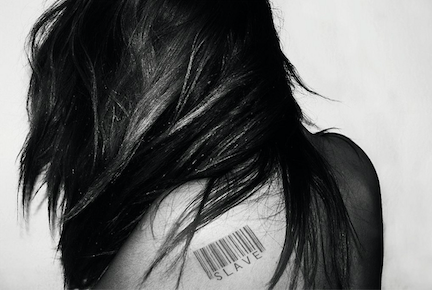Florida Legislators Bring Forth Bills to Combat Human Trafficking
Florida is third in the nation for reported cases of human trafficking. Often referred to as modern day slavery, human trafficking involves the use of force, fraud, or coercion to obtain some type of labor or commercial sex act. Frequently, homeless youth, victims of domestic violence, sexual assault, war or conflict, or social discrimination are targeted by traffickers.
For many, human trafficking is something that only happens on the news, but the grim reality is a staggering 20.9 million people are estimated to be trafficked around the world at any given time. Roughly 55-60% of those victims are women.
In an effort to combat human trafficking, the Florida legislature is tackling the issue head on with a few notable bills. The first, HB 259, known as the Comprehensive Healthy Education bill, would add education on human trafficking to the health education curriculum in public schools. On Monday, HB 259 passed unanimously by the House PreK-12 Appropriations Subcommittee, and will now move on to the House Education Committee. Those in favor of adding human trafficking education to Florida’s public school curriculum explain that it will help children learn the signs of dangers that are in their neighborhoods and in their schools.
This is not the first time legislators in Tallahassee have sought to eradicate human trafficking in the Sunshine state. Last year, state Senator Lauren Book from Plantation presented a bill which would allow human trafficking survivors to sue hotels for turning a blind eye to the abuse. The measure failed, but Senator Book is back with new legislation. SB 540 would require public-lodging managers and employees to be trained on how to recognize and report human trafficking to law enforcement. Operators would face fines of up to $1,000 per day if training requirements are not met.
The bill would also mandate creation of two other things: a registry for pimps and johns and an organization that would collect money and provide resources to help trafficking survivors. At first glance, Senator Book’s Human Trafficking bill seems like it should pass with little resistance. However, Book’s bill has found some opposition. While the bill unanimously passed the Senate Criminal Justice Committee, there has been push back on part of the bill which requires a “Solicitation of Prostitution Registry.”
Sex Workers Outreach Project (SWOP) is the leading opponents of SB 540 and is calling for heavy revisions to the the bill and elimination of the registry.
Currently there is not any information as to whether or not the registry would be made public or only available to the police. Opponents of the bill say the registry could put lives in jeopardy by giving a list of people for traffickers to target, approach, and exploit. Conversely, law enforcement officials argue a registry is imperative in order for the state to reduce human trafficking.
As the Florida legislature hits the midway mark, Senator Book’s bill is in Appropriations and has not found its way to the full senate for a floor vote. The best Florida can hope for is Senator Book’s bill finds its way out of committee and gets the chance to be voted on by the Senate before the end of legislative session. Otherwise, it runs the risk of having to wait until next session to be voted on.
In the wake of the human trafficking ring bust in February, which led to authorities shutting down ten massage parlors and the arrest hundreds of men, there is little question of the relevance of both HB 259 and SB 540. However, the looming question is whether or not the legislature will push to curb human trafficking or if these bills will just get swept under the rug.

